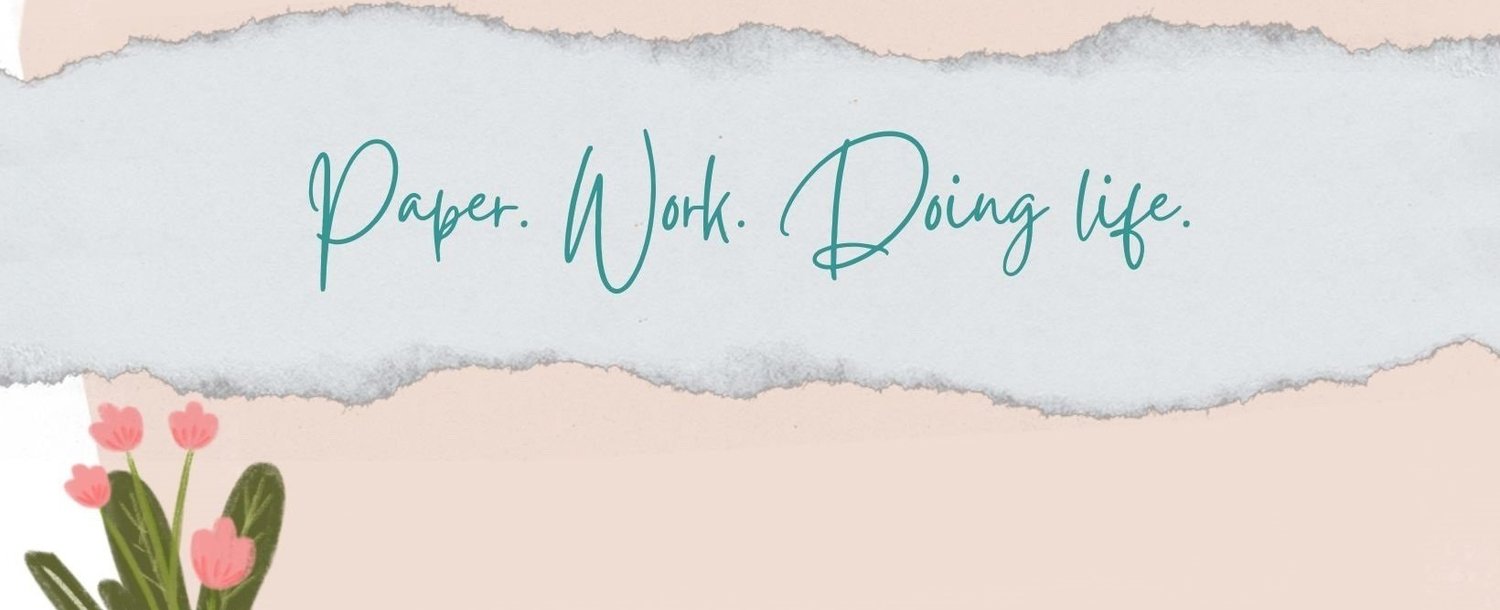Strong YA Women for March
I've been thinking of strong women this month as I prepare book talks for March. I am surely enjoying thinking about some of my favorite female protagonists. We go a long way back.
One of my favorite historical characters is Mattie Gokey from Jennifer Donnelly’s A Northern Light. When I was completing my masters degree in library science, this is the first formal book talk I gave as part of my training. I chose it in part because I loved the strength of the main character. Mattie is 16 when the story begins. She dreams of going to college but questions her ability to afford to get there. In a move toward some level of independence she takes a job at a summer resort to earn some income. She is still being courted by a young man from home and must decide whether to pursue an education or follow the path of her closest friend into marriage and motherhood. Then...in the middle of the summer, she becomes involved in the solving of a murder. A beautiful coming of age story - a young woman our girls can look up to.
13 year old Isabel from Laurie Halse Anderson’s Chains is also a terrifically strong young woman from historical fiction. A slave in revolutionary war era New York City Isabel feels compelled to fight for protection for her sister Ruth and ultimately freedom for herself when her world is turned upside down. In order to do so, she begins to act as a spy. Her journey here and in Forge sets an example for our young ladies.
Hulse Anderson also gives our young ladies even more strong protagonists in the contemporary setting. Most recently, the story of Hayley Kincaid who for several years has been coping with the fallout in her life from her father’s PTSD after his time in Iraq. More than anything Hayley would just like a normal life - where she can worry about school and about falling in love. The path will certainly not be simple for her. And for years my students have been passionate about the story of Melinda Sordino in Speak. She endures the unspeakable at her first high school party and must spend her entire freshman year dealing with the intense fallout. Through her art, she ultimately finds her voice and becomes a spokesperson for a generation of readers who must learn to speak up for themselves.
Caitlin O’Koren of Dreamland was my first Sarah Dessen protagonist. This girl and this book started by love affair with the Sarah Dessen ladies. Caitlin’s life is upended when her sister Cass runs away to be with her boyfriend. Caitlin becomes involved in cheerleading and stays involved, even though she doesn’t like it, because her cheerleading seems to give her mother pleasure. She then becomes involved with Rogerson. The reader’s heart hurts at the negative places this relationship takes Caitlin, But, like Melinda, she ultimately finds her voice and her strength. Naturally then, I read all of Dessen's work and eagerly await the next. Dessen gives my readers strong, smart heroines. They make big choices, sometimes mistakes. They make friends and sometimes fall in love, but are seldom defined by that love.
These are just a few of my favorites. I am so grateful to have such a strong group from which to choose. Probably more to come!
